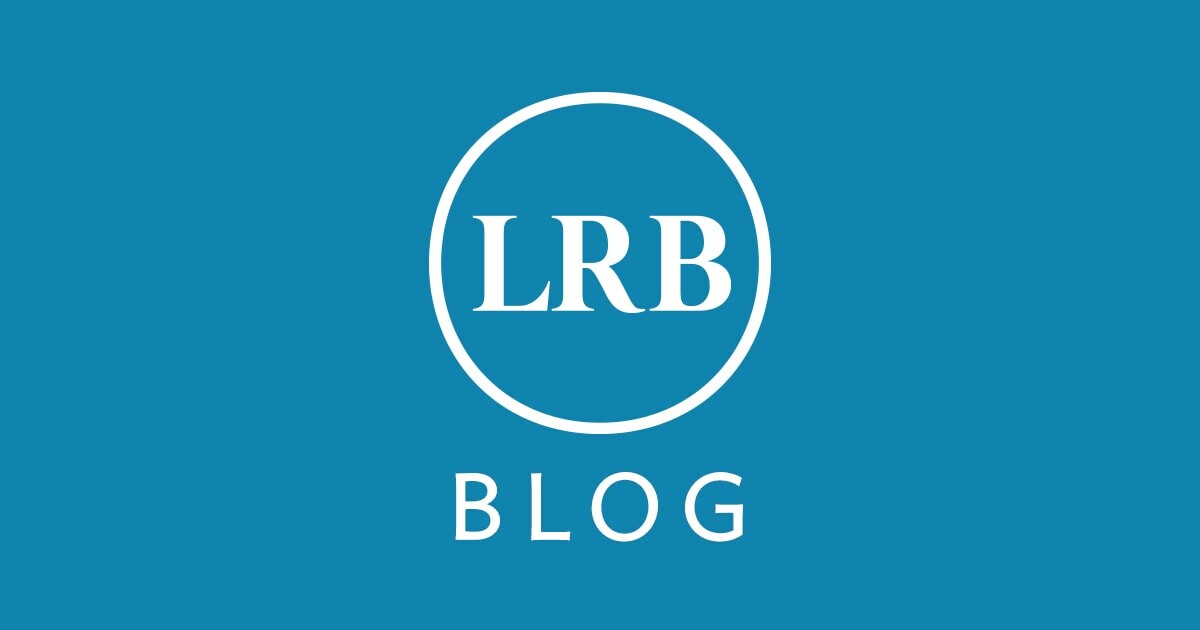The Crisis of Liberalism in Academic Institutions
Dive into Gareth Fearn's compelling critique of how U.S. liberalism fails in accountability, particularly in universities, amid militarized responses to student protests and questionable financial ethics.

In Gareth Fearn's critique titled "Liberalism without Accountability," featured on The Guardian's website, he articulates a piercing analysis of how liberal ideologies manifest in institutions like universities, particularly in times of crisis, such as the student protests against militarized policing. Fearn argues that despite the guise of progressiveness, many liberal institutions in the U.S. still operate under a capitalist model that prioritizes profit over ethical considerations, particularly in relation to investment in arms and fossil fuels.
This is a toxic combination: universities reliant on investment portfolios in a system where mega-profits are made by companies that threaten and destroy human life, influenced by an increasingly radicalised class of billionaires, teaching students whose degrees won’t earn them enough to pay off their loans, managed by supine administrators threatened by (or willingly collaborating with) a reactionary right, who have decided that young people’s minds are being turned against capitalism not by their own lived experience of austerity and racialised police violence but by ‘woke Marxist professors’. This situation has now met with a live-streamed genocide which is supported, and brazenly lied about, by political leaders and commentators who claim to stand for truth and justice. Students, like much of the public, cannot square the reality of what they see with the world as constructed by politicians and the media.
Under such circumstances, pitching tents, raising placards and demanding divestment are really quite mild-mannered responses. That they have been met, in many US universities, with militarised policing reflects the fragility of liberalism — in the face of the growing hegemony of the conservative right as well as its own inability to offer a future even to Ivy League college students, let alone the less privileged.
Fearn highlights the contradictions within liberalism that have become apparent during recent campus protests. For instance, while universities pride themselves on fostering free thought and academic freedom, their financial dependencies on problematic investments and influential donors lead to actions that contradict these values. The response to protests, often with militarized police force, further reveals the precarious nature of liberalism that is too often willing to sacrifice human rights for property protection and economic interests.
This sharp critique calls for a reassessment of liberal values in light of their real-world implications, urging a move toward genuine accountability and reform in how liberal institutions function in society.







